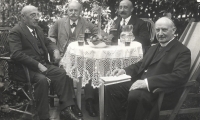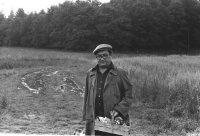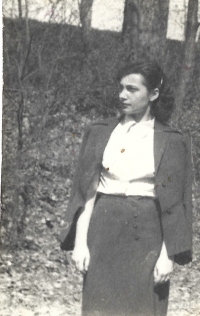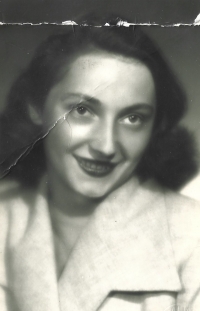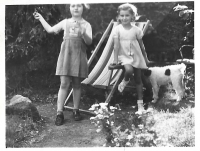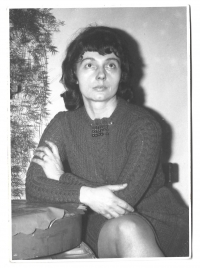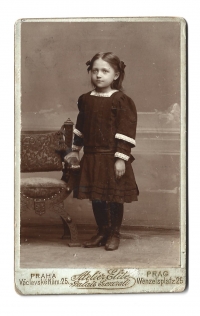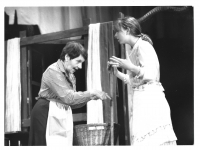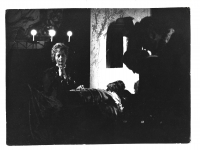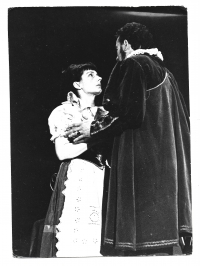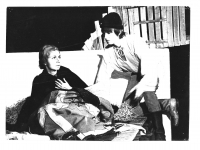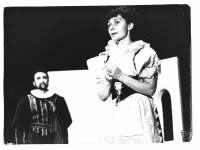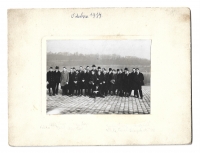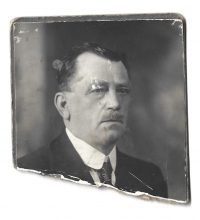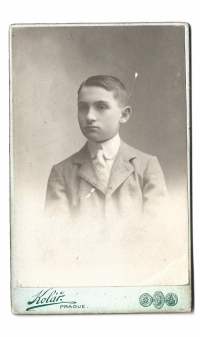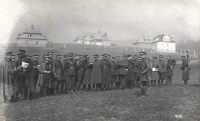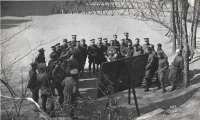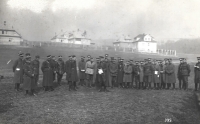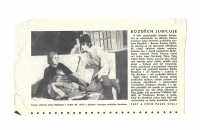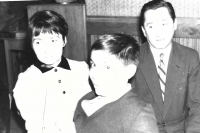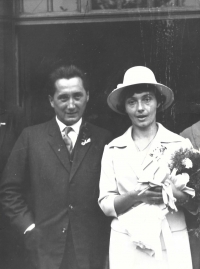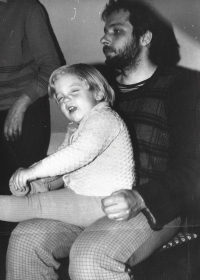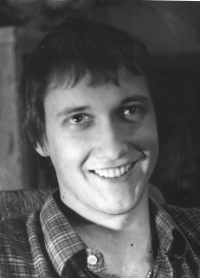The Heydrichiad was terrible, it was anxiety, a creeping horror. I shall never forget the treatment of the Germans by the Czechs until the day I die.
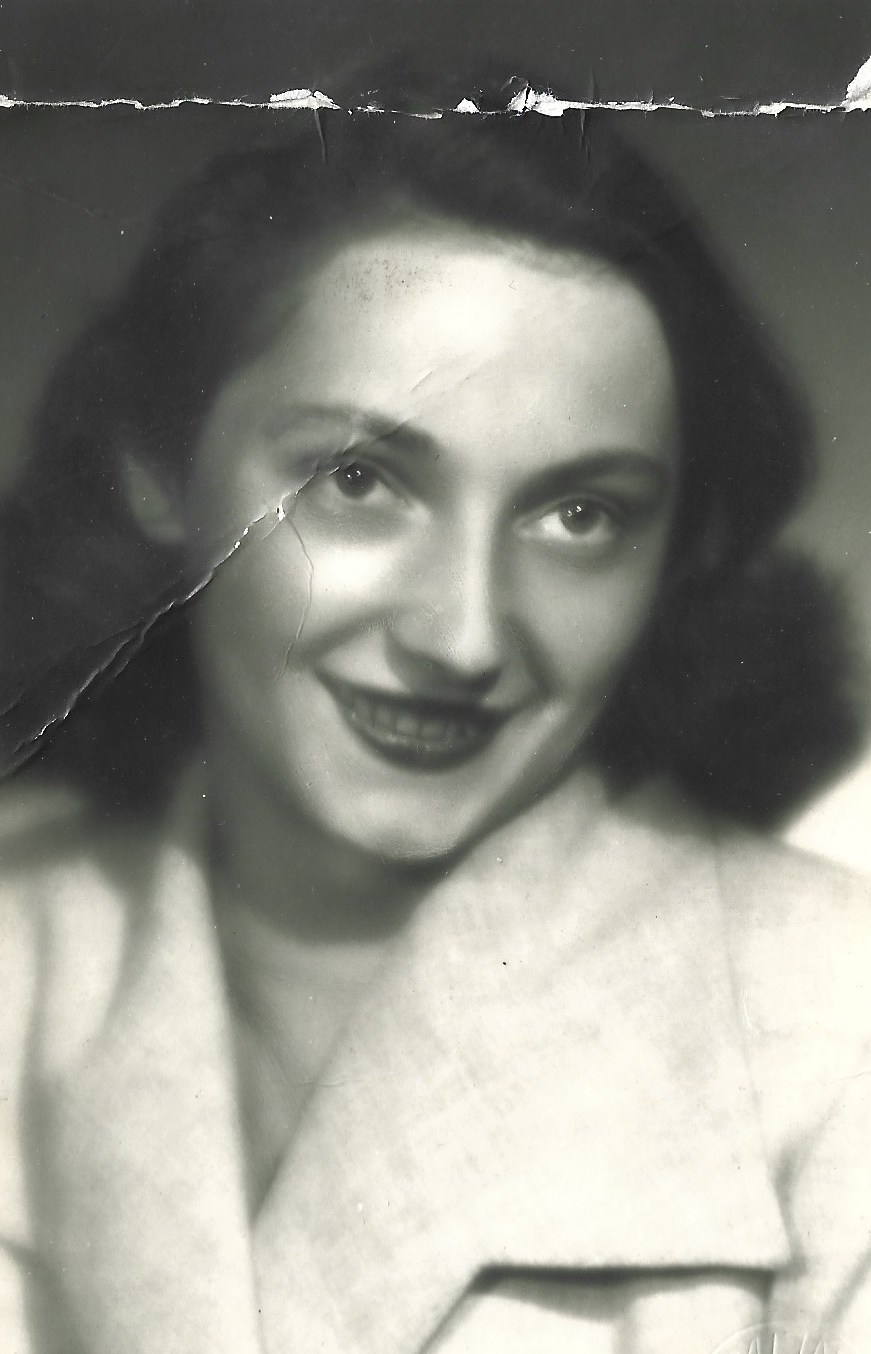
Stáhnout obrázek
Jana Marková, birth name Hlavsová, was born on 16 May 1930. During the first days of the Prague Uprising, she narrowly escaped death in a shooting at Újezd in Prague. She saw the cruel demeanor of the Czechs towards the Germans in the streets of Prague. In 1949, she voluntarily left high school for political reasons in response to her public criticism of the Communist Party and its involvement in the death of Jan Masaryk. In 1952, her father Karel Hlavsa was imprisoned for six years for allegedly supporting Israel. In the same year, as part of Action 77, she joined an industrial plant in Kbely. Throughout her life, she devoted herself to amateur theatre and held several jobs, from the cashier at the Meta company, an expert in economic statistics to a court judge for the People‘s Party. She attended Palach‘s funeral and, in early 1989, Palach Week. She gave birth to two sons, Karel and Tomáš, and has lived in an apartment in Prague‘s Smichov district from the age of eight until the present day (2022).
